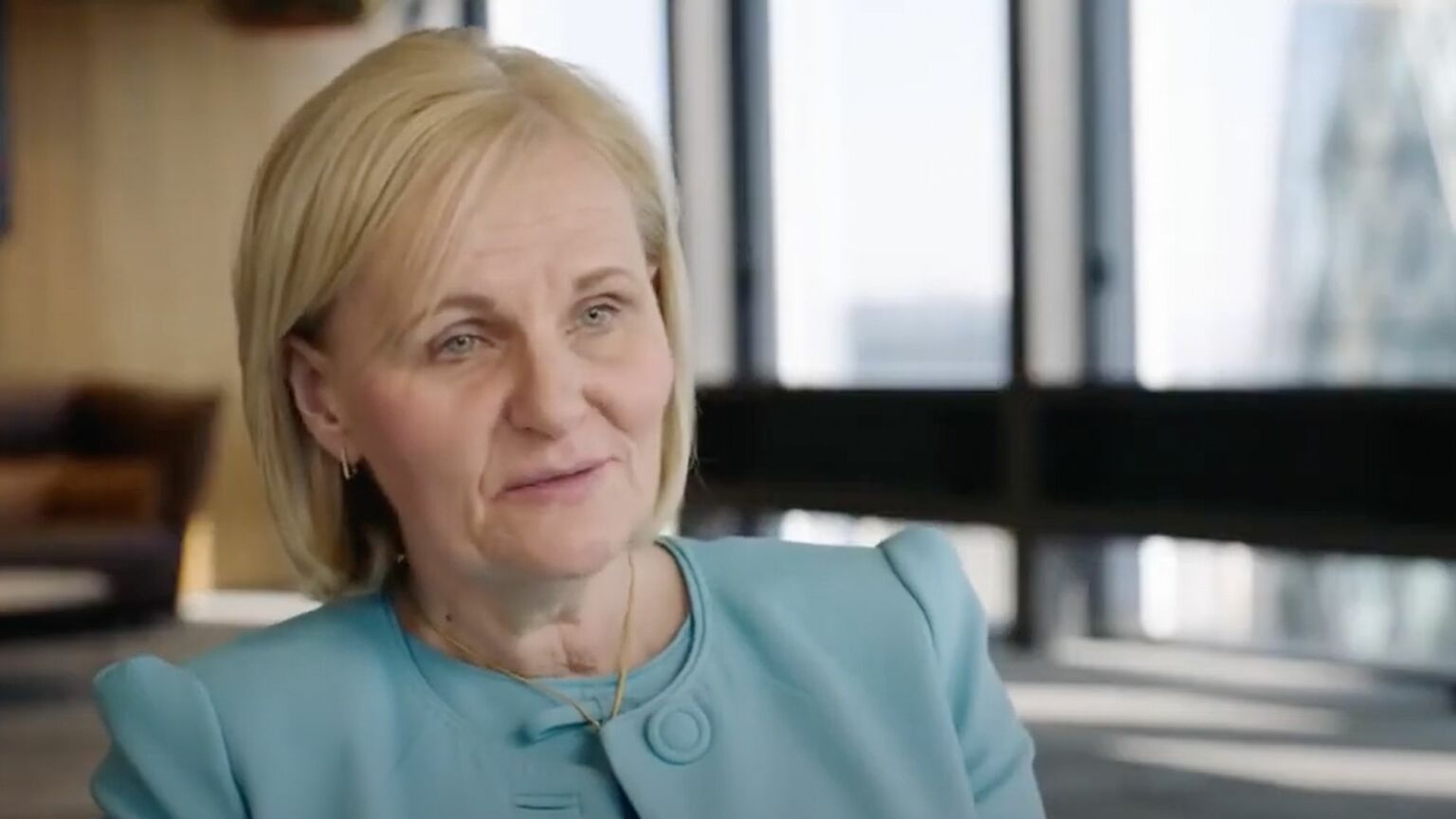‘Diversity’ just means discrimination
Aviva's CEO has unwittingly revealed the backwardness of the ‘DEI’ agenda.

Want to read spiked ad-free? Become a spiked supporter.
Amanda Blanc, the chief executive of insurance company Aviva, has revealed that no white males can be recruited to senior posts without her say-so. Speaking last week at a Treasury Select Committee hearing on sexism in the finance industry, Blanc said that there can be ‘no non-diverse hire at Aviva without it being signed off by me and the chief people officer’.
It was an admission that revealed a lot about the impact of the diversity, equity and inclusion (DEI) agenda on employment and public life more broadly. Thanks to DEI, it is now acceptable for a CEO to state that she will subject ‘non-diverse’ candidates – a coded reference to white males – to extra scrutiny. Which sounds very much like discrimination to me.
This captures the through-the-looking-glass logic of DEI, a logic that menaces every principle of fairness and equality. After all, a fair approach to recruitment would ensure that vacancies are widely advertised so as to broaden the pool of applicants. That way, an organisation can maximise its chances of finding the best applicant with the best set of skills and talents for the role advertised.
But, as Blanc reveals, that is not what is happening in sections of the corporate world today. In the name of DEI, businesses and other organisations are actively narrowing the range of applicants, potentially screening out so-called non-diverse candidates. They seem less interested in which candidate is best qualified for the role in question than in whether they tick the right diversity boxes.
Such an approach is often justified on the grounds of battling sexism or racism. Yet, ironically, both racism and sexism are actually encouraged by the DEI agenda. After all, it effectively legitimises discrimination on the basis of sex and skin colour.
Furthermore, because the imperatives of DEI encourage recruitment on the basis of racial or sex categories rather than individual merit, this can lead public, civic and private organisations to undermine their core purpose. Aviva’s aim is – ostensibly – to provide insurance services to the public. Its recruitment policies should be informed by the need to perform that function well. Yet, on Blanc’s watch, Aviva’s recruitment seems to be informed by identity politics instead.
Of course, those defending the DEI agenda will claim that it helps people from minority backgrounds. But more often than not, it actually undermines ethnic-minority recruits. Those recruited on the basis of their ethnicity or sex, rather than on merit, will likely struggle to work alongside those who have been selected on merit alone. This leads to a divided and resentful workplace.
We need to halt the march of DEI through corporations and institutions. This unfair and discriminatory agenda is doing enormous damage to public life.
Alka Sehgal Cuthbert is director of campaign group Don’t Divide Us.
Picture by: YouTube.
Who funds spiked? You do
We are funded by you. And in this era of cancel culture and advertiser boycotts, we rely on your donations more than ever. Seventy per cent of our revenue comes from our readers’ donations – the vast majority giving just £5 per month. If you make a regular donation – of £5 a month or £50 a year – you can become a and enjoy:
–Ad-free reading
–Exclusive events
–Access to our comments section
It’s the best way to keep spiked going – and growing. Thank you!







Comments
Want to join the conversation?
Only spiked supporters and patrons, who donate regularly to us, can comment on our articles.